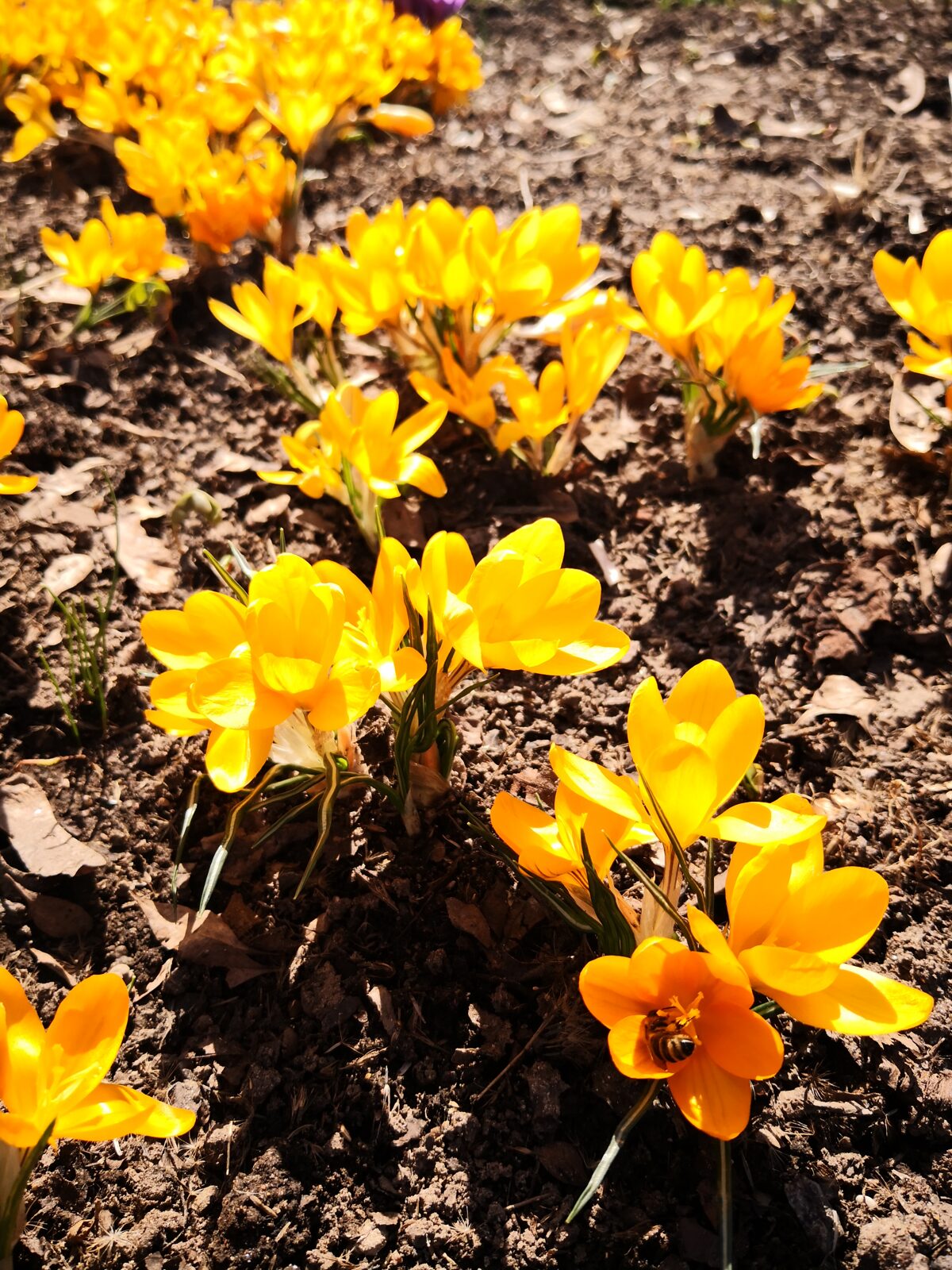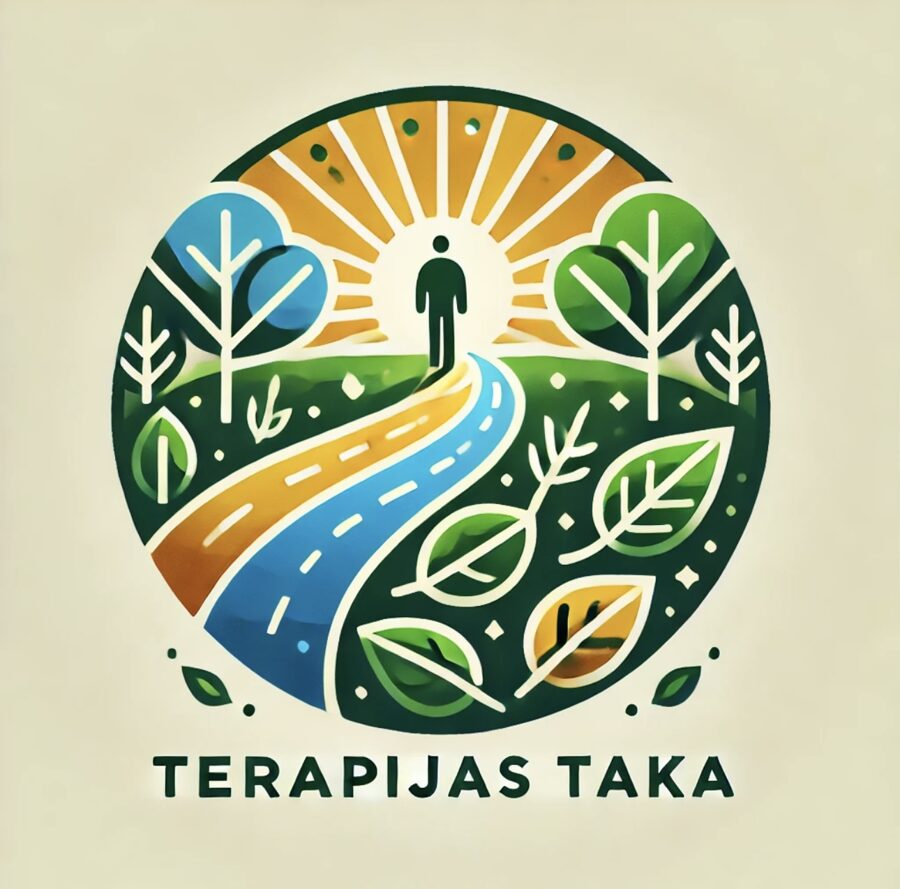Briefly about me
I am currently going through a process of transformation – from a journalist (with a Bachelor's degree in Social Sciences in Communication from RSU) to an existential psychotherapist. Although journalism is a different field, I have encountered various life stories of people within it. This experience has developed my empathy, the ability to ask purposeful questions, to hear what matters, and to build trust.
In life, I have encountered various cultures and lived in different countries, such as France, Spain, and Tajikistan. This experience opened me up to different understandings and perspectives of life. I now live in Brussels, where I also work as a religious studies teacher at the international school (European School I). These diverse life experiences have transformed me and given me a deeper understanding of myself, this world, and other people.
I am fascinated by humans – their complexity, paradoxes, and difficult choices. Existential psychotherapy has opened the way for me to a deeper understanding of human existence, and it also enriches my personal life. This field is especially close to my heart, as it is closely linked to existential philosophy, which encourages a deeper reflection on the meaning of life and human existence in this world. I also enjoy reading and writing poetry, as it connects me with the depths of my own being.
.In my practice I combine psychology with philosophy, so the questions will be ones that encourage you to look deeper into your life - to examine your values, goals, choices and possible consequences. I will not give ready-made answers, but questions that are likely to raise new questions for you. Sometimes it is enough to realise that there is no answer to a question and only then can you really begin to answer it.
I believe that many of the answers are within us, and we find them there when we start to look into our experiences, describe them and look at ourselves and our lives a little bit from the outside. For me it is important to be goal oriented as well as to have a more free flowing therapy process. Why is the goal so important in life and in therapy? Because without it, both life and therapy would be like Samuel Beckett's play Waiting for Godot - stuck in an endless waiting and hopeless hope for change. In this case, one is waiting for this resolution and direction from the outside, for example from an external authority. Existential philosophy holds that one of the inevitabilities of life is that everyone must find, or more precisely create, this solution for himself, as well as for the meaning of life. Often this realisation that I am the author of my own life comes about precisely in the process of therapy.
As in life, in therapy there is a limited time to deal with your problems, difficulties and big questions. I am not in favour of a therapy in which the client stays for years, but one in which the current challenges of life are addressed in a targeted way.
I am not saying that you will solve all your problems in this therapy, but at least you will have had the opportunity to address them. I am not saying that I understand a person and know everything about them, but I want to understand and learn more about them. I am not saying that I no longer have any problems myself, but I have gone through many of them and found my own answers.
In therapy I am present - engaged and authentic. It is important for me to both empathically support the client and to be interested in his life, in his acceptance and exploration of his being.
I believe that we are each here to be happy! I believe that we have the power to make our lives happier in our own hands. The ability to be self-aware, to understand oneself and the other person, to cooperate and to move on despite the downs and setbacks.

